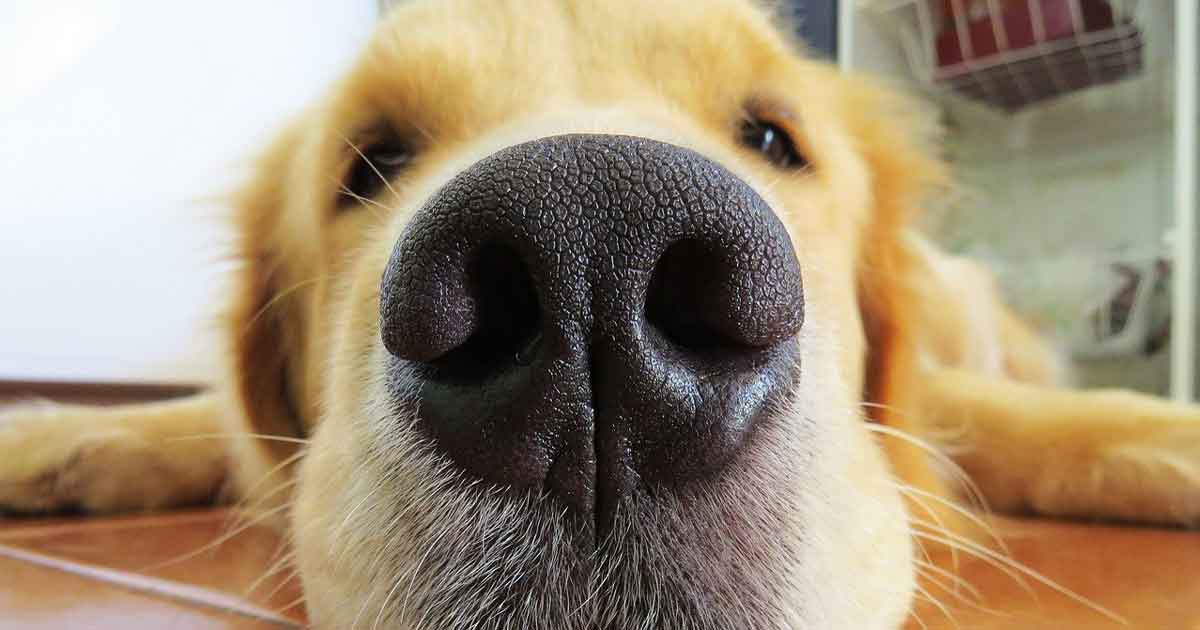When someone suffers from anosmia, they cannot smell the odorant used to odorize natural gas. A hyposmia sufferer may also be unable to detect the gas. With both medical conditions, a dangerous situation would present itself if there was ever a natural gas leak.
Anosmia or Hyposmia Smell Disorders
Unfortunately, not everyone has an ordinary sense of smell. While some people may have a diminished sense (hyposmia), others cannot smell at all (anosmia). Some studies have suggested, on average, 1-2 % of North Americans have impaired smell, however, that statistic may change given that according to Elsevier Public Health Emergency Collection, anosmia is a prominent sign of SARS-CoV-2 infection. Patients with COVID-19 can present a sudden onset of anosmia without any other symptoms. Common causes of reduced olfactory perception range from aging, allergies, viral infections attacking the olfactory nerve, medications, hormones, diseases, and other conditions. Some people are born with no sense of smell (congenital anosmia).
Natural Gas Odorization
The act of smelling gas is the first line of gas leak detection for most people. Natural gas has an odorant injected into the gas because, in its native state, the gas is odorless. The U.S. regulations on natural gas odorization stress that,
A combustible gas in a distribution line must contain a natural odorant or be odorized so that at a concentration in air of one-fifth of the lower explosive limit, the gas is readily detectable by a person with a normal sense of smell (49 CFR 192.625 a- Odorization of gas).”
The phrase of interest here is “normal sense of smell.” Gas leaks present a considerable risk to anyone suffering from anosmia and hyposmia.
What are the Natural Gas Odorization Regulations?
We manufacture natural gas odorizers and occasionally are asked, “What are the natural gas odorization regulations?” Plain and simple, in the U.S., any odorless gas within a distribution or transmission line (exceptions noted in the rules*) must contain odorant at the level of 20% or 1/5 the lower explosive limit so that a person with a normal sense of smell can detect it. Read more >
Measures to Keep Safe from Gas Leaks
Without the first alert detection of smell, those with smell disorders need to be proactive. Here are some tips to help anticipate and neutralize issues before they become a significant problem.
- Install multiple gas detectors and smoke detectors throughout your home, particularly in all bedrooms and any room with fire, pilot flame, or a spark source. Detection equipment for natural gas, propane, carbon monoxide, and gasoline is available online or at RV dealers, marine electronics, or even your local gas company. The type of detectors needed, of course, will depend on the energy used in the home.
- Keep a fire extinguisher nearby in areas where there is a higher risk of fire, such as the kitchen, near appliances (dryers, dishwashers, stoves, microwaves, toasters, and toaster ovens), bedrooms, chimneys/fireplaces, and living rooms.
- Service your gas appliances annually by a professional contractor (furnaces, space heaters, gas fireplaces, water heaters, ovens, ranges, any gas appliance, especially if there is a pilot).




